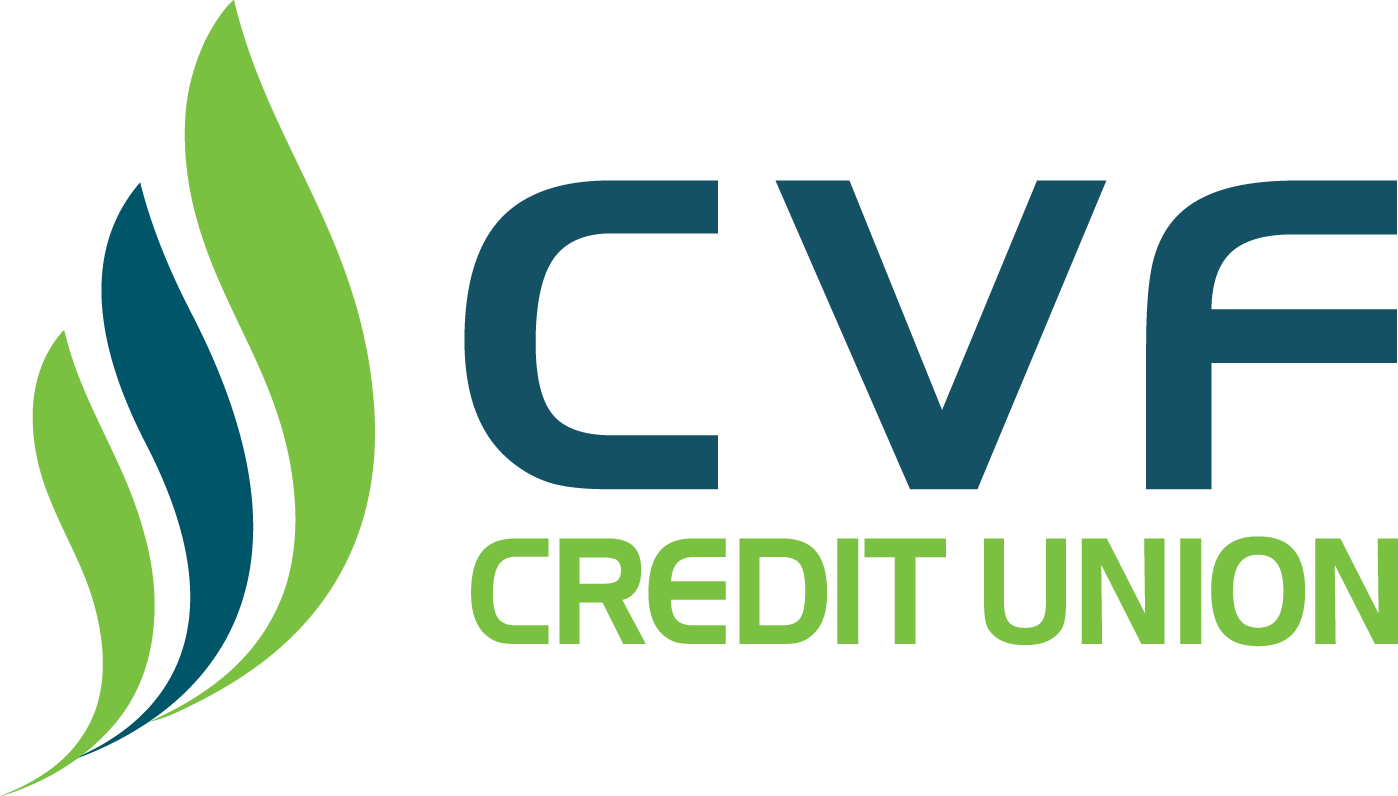
Paying for Kid’s College and Retirement?
Most parents want to do what they can to give their kids a great start in life. But is it smart to take on children’s educational debt with your own retirement around the corner?
It can be, according to Sue Tirukonda, a certified financial planner with Financial Benefits in Wichita, Kan. “Where I struggle is when you’ve got a child that wants to go to a school that is so far out of the parents’ affordability range, so they take out massive loans to finance more than 50% of the cost of education,” she says.
For example, it would take 10 years and $846 a month or 25 years and $536 a month to pay off $70,000 in Parent PLUS direct loans from the federal government.
As a rule, Joe Orsolini cautions parents against PLUS loans. The certified financial planner with College Aid Planners in suburban Chicago explains that the government does not consider a parent’s ability to repay the loans, so parents with modest incomes but good track records could take on more debt than they can afford.
Other parents decide to delay retirement to repay loans, but unforeseen job losses or health issues can undermine those plans. Like other student loans, PLUS loans are not dischargeable in bankruptcy.
While she recognizes the risks, Tirukonda points out that PLUS loans can help with cash flow for people who earn enough to pay out of pocket but not in a lump sum at the start of each semester.
The problem, Orsolini notes, is when parents let children choose their schools and then go about figuring out how to pay for them. Instead, he says, the money discussion should happen long before applications go out.
“Parents need to let their kids know what they can afford to pay for college,” Orsolini says, “and they need to let them know early in the process.”
If you’re trying to figure out how to pay for your child’s education, the loan specialists at your credit union can guide you. They can help you decide what types of loans suit your family.



